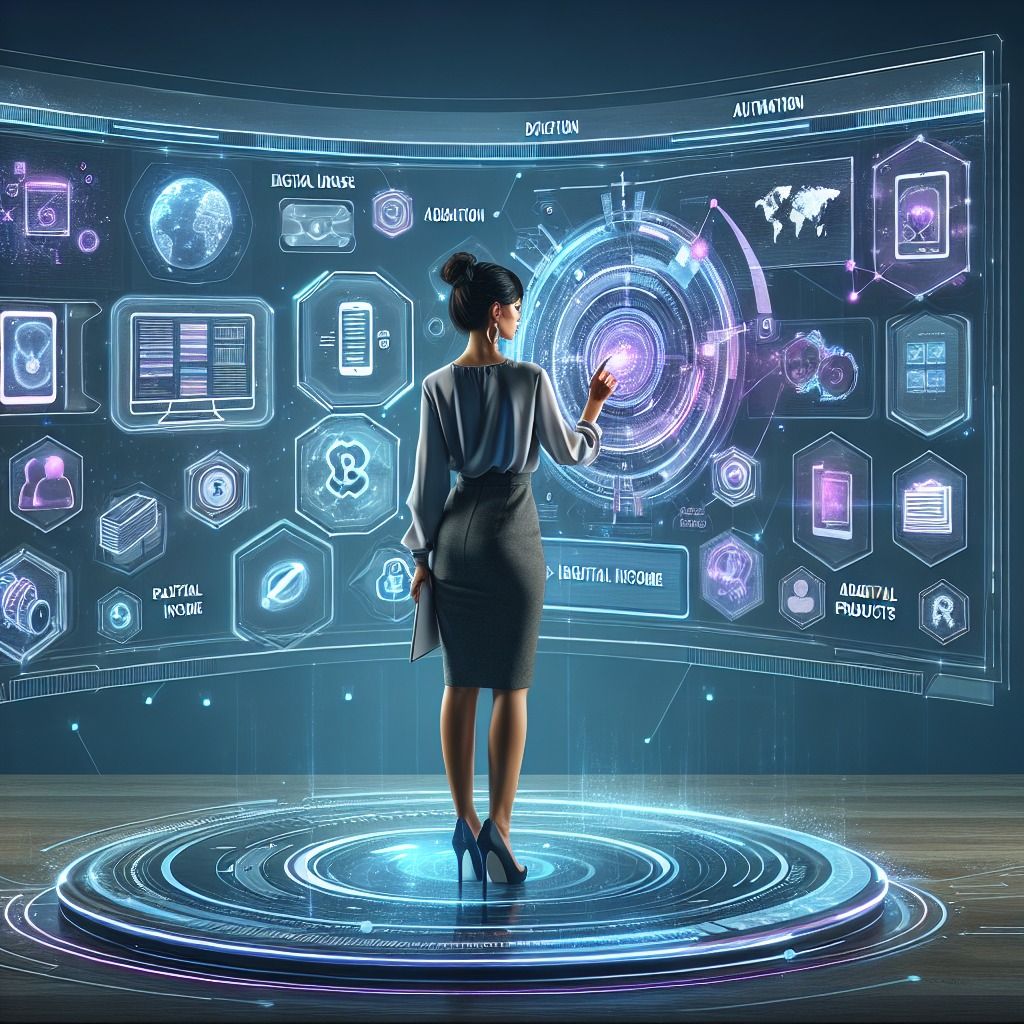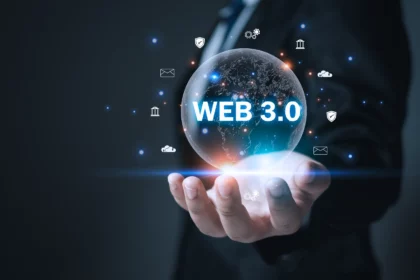The tech industry has long been criticized for its gender imbalance, but a seismic shift is underway. Women are not only entering the sector in greater numbers but also leading transformative changes in areas like artificial intelligence, fintech, climate tech, and digital health. Their leadership is reshaping the future of technology, making it more inclusive, sustainable, and human-centered. This isn’t just about representation it’s about rewriting the rules of innovation.

Breaking Barriers: Women at the Helm of Tech Giants
Women leaders are taking center stage at major technology companies and institutions.
- Safra Catz (Oracle): As one of the few female CEOs in enterprise software, Catz has overseen Oracle’s transformation into a cloud-focused powerhouse.
- Gwynne Shotwell (SpaceX): Shotwell, as president and COO, plays a pivotal role in scaling Elon Musk’s vision for space exploration.
- Reshma Saujani (Girls Who Code): By creating pathways for young women in coding, Saujani is building the next generation of female tech leaders.
A McKinsey 2023 report revealed that companies with greater gender diversity in leadership are 25% more likely to outperform their peers financially, underlining the bottom-line benefits of inclusion.
Innovators Leading the Startup Ecosystem
Startups remain the breeding ground of technological breakthroughs, and women are at the forefront.
- Whitney Wolfe Herd (Bumble): By reimagining dating apps, Wolfe Herd built a unicorn startup with a woman-first approach.
- Anne Wojcicki (23andMe): As co-founder, Wojcicki brought genomics into the mainstream, democratizing access to DNA testing.
- Ida Tin (Clue): The Danish entrepreneur coined the term “femtech” and created a leading reproductive health app used globally.
According to PitchBook, female-founded startups secured over $45 billion in global funding in 2022, a historic high, though still a fraction compared to male-led ventures signaling both progress and a call for equity.
Women Driving Change in Emerging Technologies
Women are not just part of tech, they are steering its most exciting frontiers.
- AI & Ethics: Joy Buolamwini, founder of the Algorithmic Justice League, is challenging biases in facial recognition and pushing for ethical AI.
- Climate Tech: Leah Stokes, political scientist and climate advocate, is shaping clean energy policy and technology adoption.
- Digital Health: Female founders are pioneering solutions in mental health apps, maternal health platforms, and telemedicine.
This reflects a critical truth: women often lead where technology intersects with society’s most pressing needs.
The Power of Representation and Mentorship
Representation is more than visibility it’s a catalyst for systemic change. Programs like Girls Who Code and Black Girls CODE are building pipelines of diverse talent. Mentorship and sponsorship initiatives in major corporations are further ensuring that women have the tools, networks, and opportunities to thrive.
A Deloitte survey found that 52% of women in tech say visible role models are essential for their career decisions, proving that representation has a multiplier effect.
Global Perspectives: Women in Tech Beyond Silicon Valley
The revolution isn’t confined to the United States. Women around the world are shaping local and global tech ecosystems:
- Roshni Nadar Malhotra (HCL Technologies, India): As chairperson, she leads one of the world’s largest IT services firms.
- Juliana Rotich (BRCK, Kenya): A pioneer in digital inclusion, Rotich developed tech infrastructure to expand connectivity in Africa.
- Marta Ortega Pérez (Inditex, Spain): While leading a fashion empire, Ortega is investing in retail tech and e-commerce innovations.
These global stories show how women are driving innovation across industries, cultures, and continents.

Conclusion: Building a More Inclusive Tech Future
The next tech revolution will not be written by a single gender, geography, or generation. Women are proving to be catalysts of innovation, equity, and purpose in technology. Their presence is expanding the very definition of what tech can achieve, making it more human-centered and impactful. The challenge ahead is ensuring that systemic barriers continue to break down so this momentum becomes the new normal.






